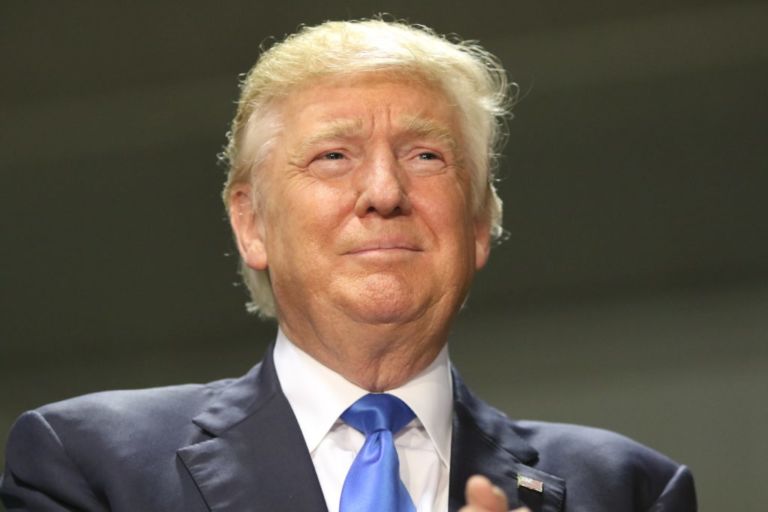Philip Klein writes for National Review Online about the demise of Florida Gov. Ron DeSantis’ presidential bid.
There have been, and there will continue to be, plenty of detailed reported pieces about the various campaign mistakes that caused his fall from an initial, competitive standing in early polls to a distant second-place finisher in Iowa that forced him out of the race before the New Hampshire primary. But the most basic explanation of what happened to DeSantis is that, by the time his campaign got going in earnest, there was simply not much demand for the product he was selling.
I am reminded of the story of Peloton. During the pandemic, the stationary-bike and fitness-app company was flooded with customers who were eager to stay in shape when gyms were closed, and it could not keep up with demand. But once Covid receded and life returned to normal, people wanted to get back into gyms. As a result, demand crashed, leaving the company with excess inventory, forcing them into several rounds of cost-cutting and restructuring to try and reassure investors. …
… Similarly, the political stock of DeSantis rose considerably during the pandemic. He benefited from having recognized earlier than most that the massive restrictions imposed on society in the name of fighting Covid did more harm than good. His very public battles against Covid restrictions drew the ire of the Left and the media and made him one of the most popular Republicans in the country among conservatives. Add this to his legislative wins on traditional conservative issues (taxes, school choice, gun rights, and life), his demonstrated competence during hurricanes, and landslide reelection, and there was reason to believe that he was somebody who could cobble together a winning coalition in a Republican presidential primary. …
… It turns out that the sort of people who care about Section 230 reform don’t exist much beyond social media and that the Covid wars didn’t motivate voters who were years removed from lockdowns. And ultimately, the number of Republican voters who were ready to move on from Trump dwindled with each of Trump’s successive indictments.


